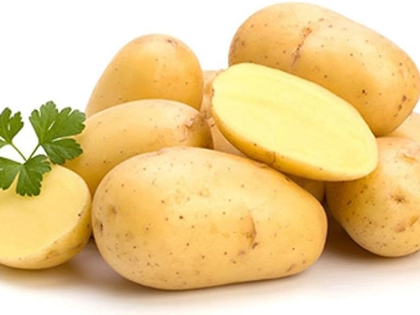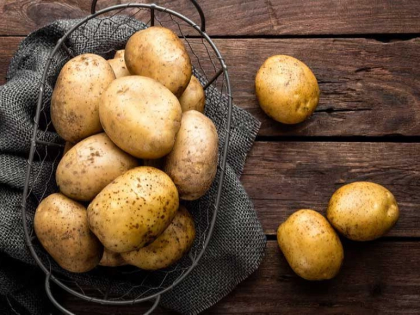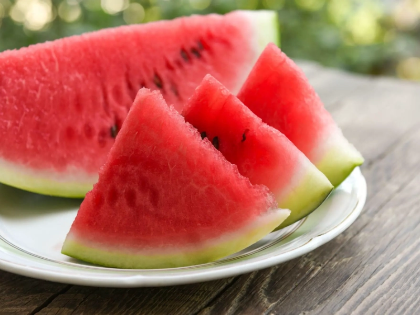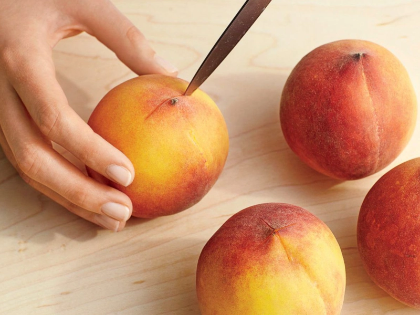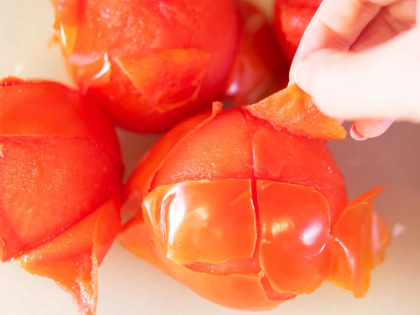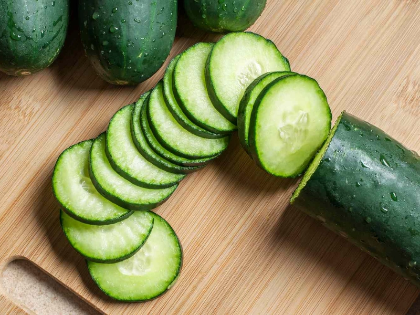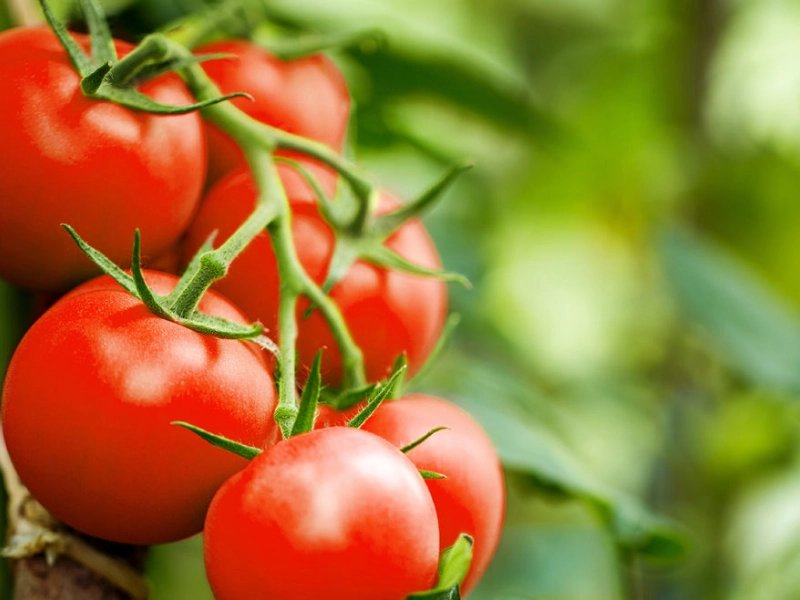Whole fruits and vegetables are only two of the many nutrients that help ease muscle soreness. Phytochemicals, which are organic compounds that help lessen inflammation, may be abundant in certain foods.
Among these compounds are ginger and quercetin. Anti-inflammatory substances found in ginger help ease painful muscles. Omega-3 fatty acids, which are found in salmon, help to reduce inflammation in the body.
Watermelon
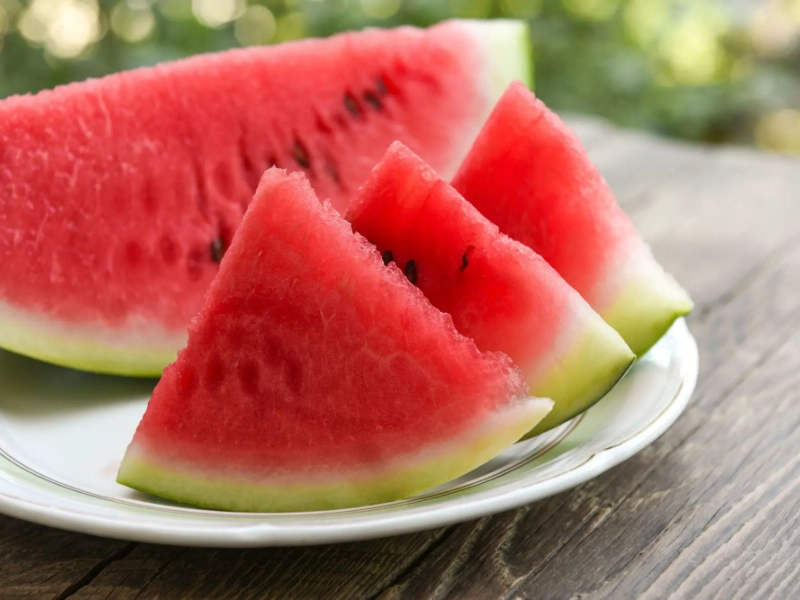
Advertisement
Because it is hydrating, cooling, and rich in vitamins and minerals, watermelon is the ideal summer food. Additionally, it contains the antioxidant lycopene, which is believed to strengthen the immune system, nourish the eyes, and enhance cardiovascular health.
According to a recent study that was published in the ACS Journal of Agricultural and Food Chemistry, drinking watermelon juice can help with post-exercise muscular soreness. They linked this to the watermelon-found amino acid L-citrulline.
Natural watermelon juice, a beverage enhanced with L-citrulline, and a control beverage were all put to the test by the research team. They discovered that watermelon drinks, both natural and enhanced, were successful in reducing muscular aches and enhancing athletes' performance.
Grecian yoghurt
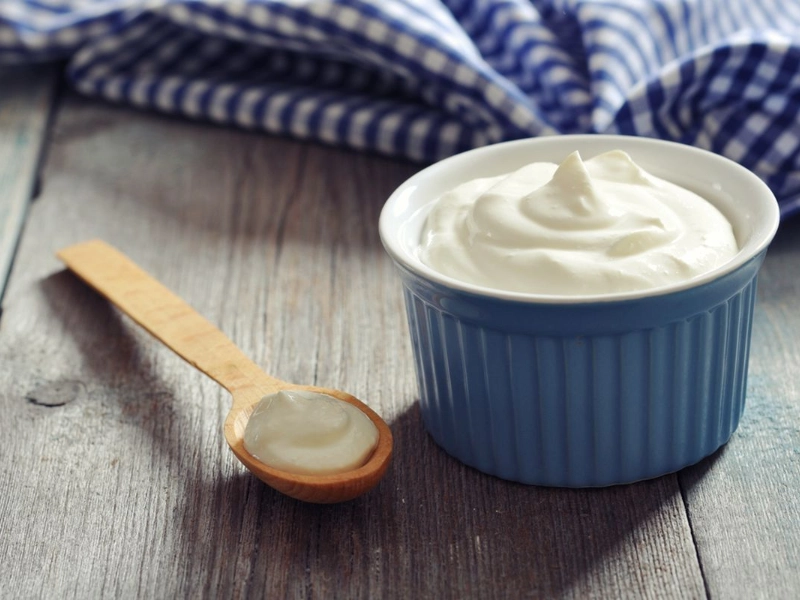
Greek yoghurt is not only a high-protein snack, but it can also improve your intestinal health. Lactobacillus bulgaricus and Streptococcus thermophilus, microorganisms that aid in the digestion of milk sugars, ferment it.
While there are many different varieties of yoghurt available, it's crucial to find one that just contains milk and beneficial bacteria for your digestive system. Additionally, search for organic and non-GMO dairy products. Organic food is crucial for those with inflammatory diseases because it can lessen exposure to cow hormones and antibiotics.
The best option is plain yoghurt because flavoured ones have a lot of added sugar. A healthy way to sweeten yoghurt is by adding fruit or honey. This is a fantastic alternative to sour cream in savoury recipes, smoothies, and breakfast dishes with whole grains.
Bananas
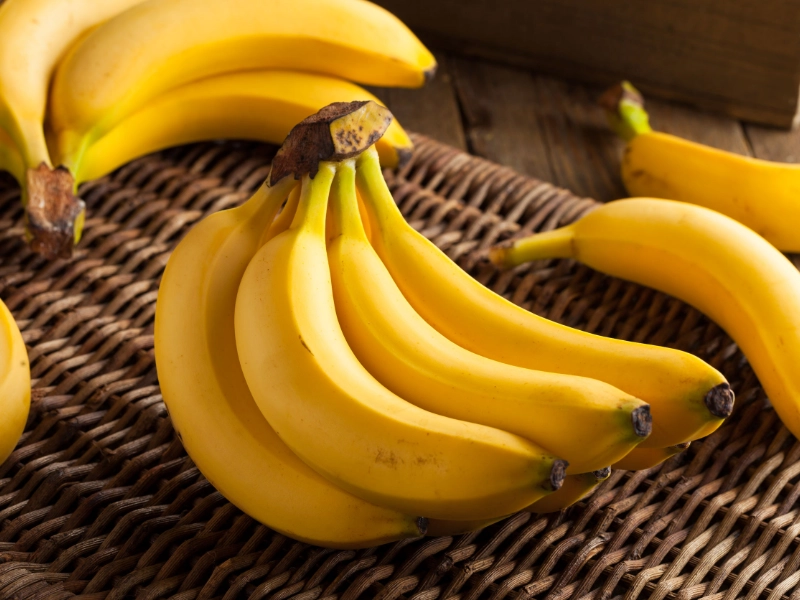
The potassium found in bananas aids in the contraction and relaxation of muscles. They also include magnesium, a mineral that promotes faster muscle repair and prevents cramping. When coupled with protein, they make a tasty post-workout snack.
A medium banana offers 27 grammes of carbohydrates, which is enough to hasten your recovery after an exercise by replenishing your muscle glycogen stores. Consuming carbs after working out is crucial because they encourage the synthesis of protein for muscle repair.
Exercise, dehydration, or menstruation can all cause painful, involuntary muscle spasms known as cramps. You can lessen them by stretching or massaging the affected muscles and by consuming adequate amounts of the electrolytes sodium, potassium, calcium, and magnesium. Although many fruits contain these nutrients, coconut water, sweet potatoes, white beans, and winter squash are among the best sources.
Almonds
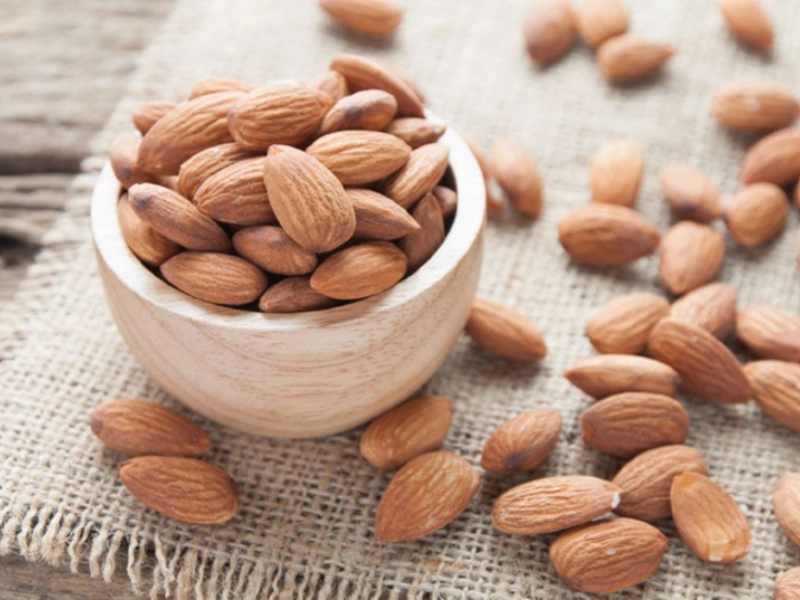
Magnesium and vitamin E are two nutrients found in almonds' healthful fats that help reduce muscle strain. To reap these advantages, aim to consume about 10 almonds per day.
Studies demonstrate that diets rich in the polyphenol antioxidant anthocyanins speed up recovery and lessen muscle damage after exercise. Anthocyanins, which are found in abundance in blueberries, black currants, and cherries, are natural anti-inflammatory compounds.
Participants in a randomised clinical trial who took 57 grammes of almonds per day for four weeks had 69% higher blood levels of the advantageous oxylipin molecule 12,13-dihydroxy-9Z-octadecenoic acid than those who consumed a cereal bar as the control, which had the same number of calories. Additionally, they had 40% lower blood levels of the slightly hazardous lipid 9,10-dihydroxy-9Z-octadecenoic, demonstrating that consuming almonds facilitated the body's recovery from exercise by improving metabolic function.
Blueberries
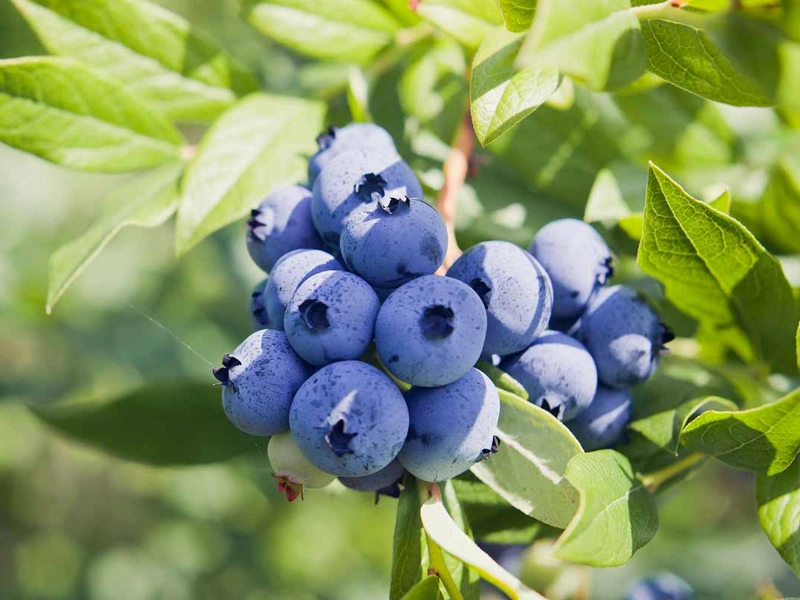
Superfood blueberries strengthen the immune system and reduce the chance of developing a number of diseases. Their anthocyanins alleviate inflammation, and vitamin C supports and protects immune system deficits. They strengthen bones and include vitamin K, which helps prevent osteoporosis.
According to a study, participants who drank a blueberry smoothie after a strenuous workout saw their muscle discomfort diminish more quickly than those who did not. They also experienced a quicker healing process.
Intense exercise has the natural side effect of causing inflammation and aching muscles. Mother Nature has many foods that can alleviate muscle discomfort, in contrast to the numerous synthetic supplements that are available on the market. Anti-inflammatory berries that can reduce muscle soreness after exercise include blueberries, blackcurrants, cherries, and cranberries.
Advertisement






